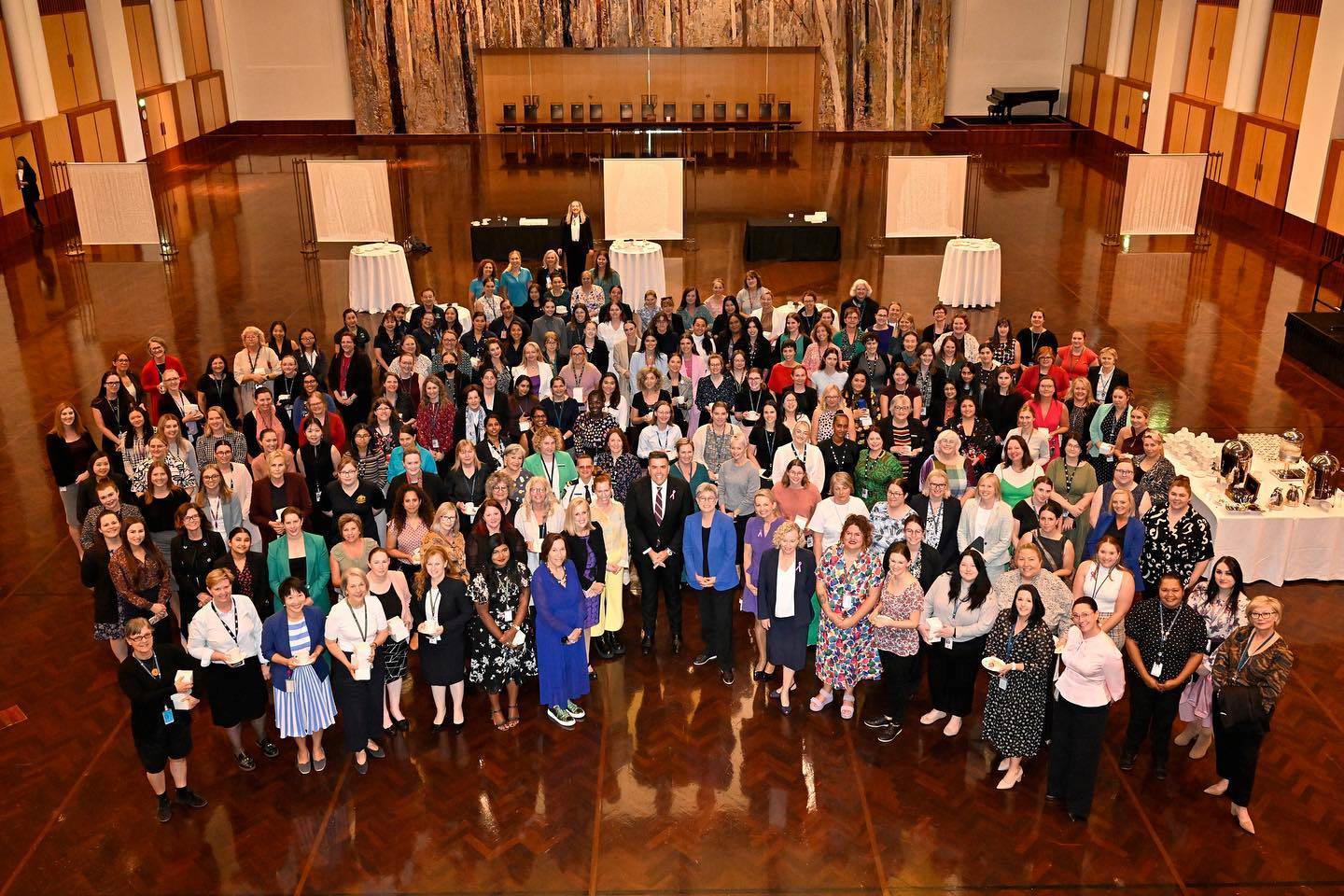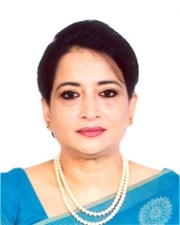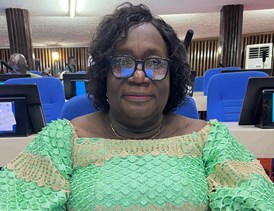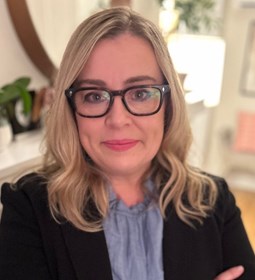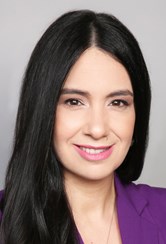
Hon. Savia Orphanidou, MP is a Member of the Parliament of Cyprus. She is a representative of the Nicosia constituency under the banner of DISY since December 2019.
She currently serves as:
- Deputy Chairperson of the House Standing Committee on Health Affairs.
- Member of the House Standing Committee on Financial and Budgetary Affairs, of the House Standing Committee on Development Plans and Public Expenditure Control and of the House Standing Committee on the Environment.
- Member of the delegation of the House to the Interparliamentary Conference on Stability, Economic Coordination and Governance in the European Union (IPC SECG).
Political career:
- Member of the Nicosia District Committee of the Youth Organisation of DISY (NEDISY) and Nicosia District Secretary of MAKI (DISY Students Organisation) (2003-2005).
- Press Secretary of the NEDISY Executive Council (2005-2007).
- Public Relations Secretary of the NEDISY Political Bureau (2007-2009).
- Press and Communications Secretary of the Organisation of Young Scientists (ONE) of DISY (2009-2011).
- Co-ordinator of the Communications, Media and Public Relations Sector of the DISY Communications Directorate (2009-2011).
- Deputy Secretary of DISY Political Planning (November 2010-February 2012).
- Elected member of the DISY Political Bureau (February 2012-May 2018).
- Member of the Technical Committee for Economic Affairs, within the framework of the negotiations process for resolving the Cyprus problem (2015-2016).
- Vice President of DISY since May 2023.

